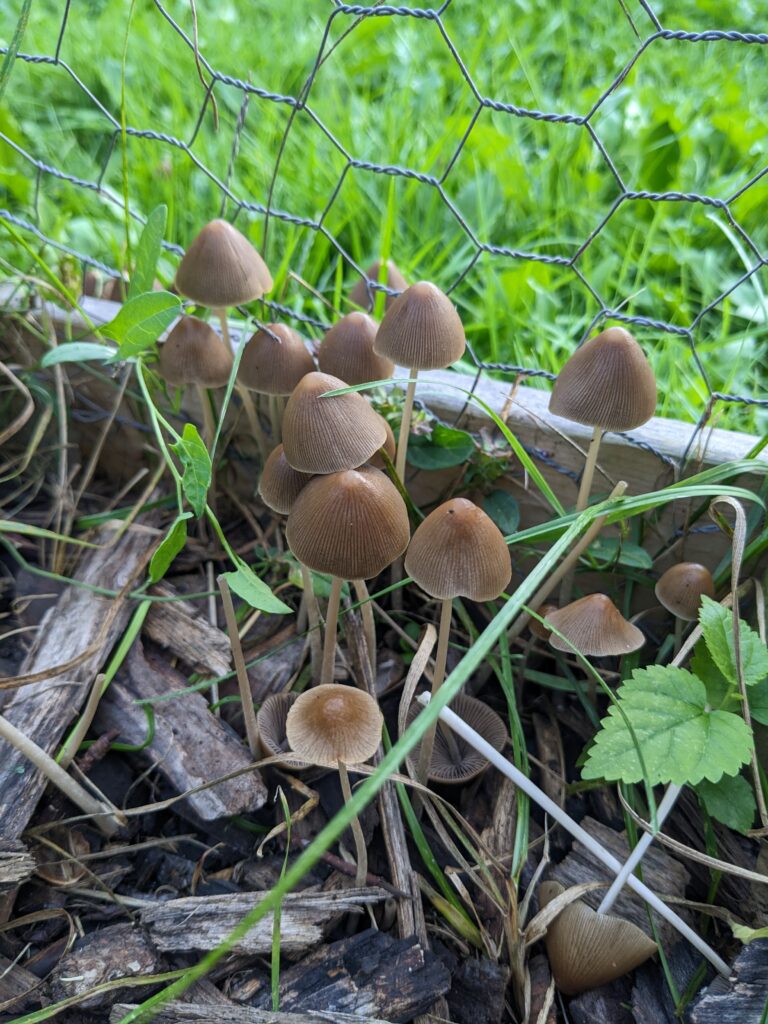Fungi are an integral part of garden ecosystems, and they can significantly impact the health and productivity of a vegetable garden. Understanding their role can help gardeners harness their benefits while managing potential downsides.
Advantages of Fungi in a Vegetable Garden
1. Soil Health and Nutrient Cycling: Fungi break down organic matter, releasing essential nutrients back into the soil. This decomposition improves soil structure, increases water retention, and makes nutrients like nitrogen and phosphorus more accessible to plants.
2. Symbiotic Relationships: Mycorrhizal fungi form mutualistic associations with plant roots. These fungi extend the root system, allowing plants to access water and nutrients more efficiently. In return, plants provide the fungi with carbohydrates. This symbiosis can lead to healthier, more robust vegetable plants.
3. Disease Suppression: Certain fungi, like Trichoderma, can suppress harmful pathogens in the soil. By outcompeting or attacking these pathogens, beneficial fungi help protect plants from diseases that could otherwise stunt growth or kill crops.
4. Composting: Fungi are key players in composting, aiding in breaking down tough materials like cellulose and lignin. Compost rich in fungal activity enhances soil fertility, further benefiting vegetable gardens.
Disadvantages of Fungi in a Vegetable Garden
1. Plant Diseases: While some fungi are beneficial, others, like powdery mildew or root rot-causing fungi, can be detrimental to vegetable plants. These pathogens can cause wilting, yellowing, and reduced yields, sometimes leading to the death of entire plants if left unchecked.
2. Overgrowth in Damp Conditions: Fungi thrive in moist environments, and excessive fungal growth can lead to unsightly mold or mildew on plants. This can affect photosynthesis, reducing the plants’ ability to grow efficiently.
3. Complicated Management: Not all fungi are easy to identify, and managing fungal balance in the garden can be tricky. Too much beneficial fungi can sometimes encourage the growth of harmful species, while overuse of chemical treatments can disrupt beneficial fungal networks.
Conclusion
Fungi play a vital, often hidden, role in vegetable gardens. Their ability to enhance soil fertility and support plant health makes them valuable allies, but the risks of disease and overgrowth can pose challenges. By fostering beneficial fungi and controlling harmful ones, gardeners can optimize their garden’s productivity.

